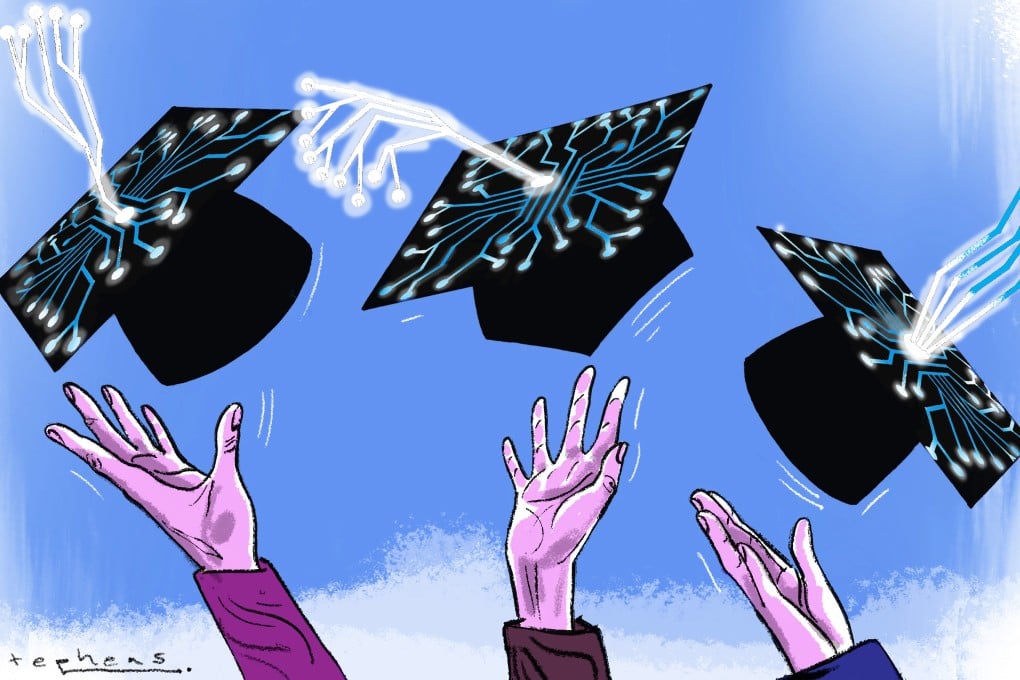Opinion | In the age of artificial intelligence, human skills are needed more than ever
- With AI rapidly changing the world of work, humans must focus on how we can work alongside, and set ourselves apart from, robots
- This means refining education to ensure young people leave school equipped with soft skills, the ability to think critically, and a practical knowledge of AI

Alan Turing, widely considered to be the father of theoretical computer science and artificial intelligence, reportedly said that “once the machine thinking method had started, it would not take long to outstrip our feeble powers”, and that we should “expect the machines to take control”.
The world has changed dramatically in the decades since Turing left us, and the voices portending a dystopian future proliferated by artificial intelligence technologies have grown louder.
Market research forecasts that the global AI industry will grow at an annual rate of 33.6 per cent from 2021 to 2028. We are standing on the brink of the AI-driven Fourth Industrial Revolution.
As AI technologies evolve, there will be a significant shift in the composition of our workforce. According to a 2020 report unveiled at the World Economic Forum, automation and workplace digitisation will disrupt 85 million jobs globally. Another forecast by the World Intelligence Congress also points to AI potentially replacing nearly 70 per cent of an average human manager’s workload by 2024.
The alarm bells of human workers being displaced by technology are sounding once again.
